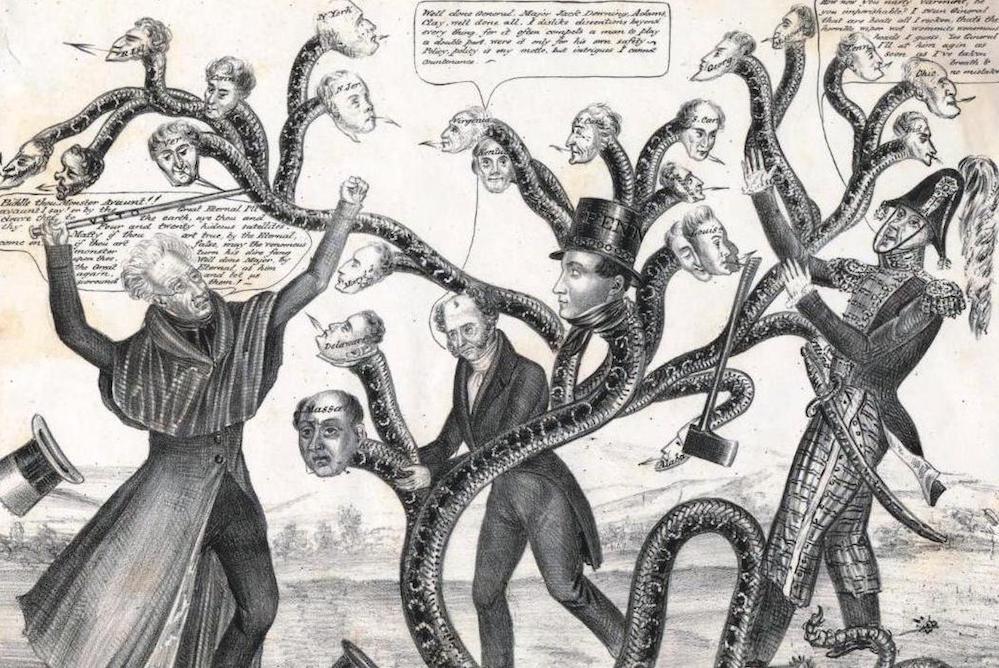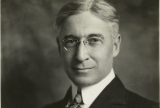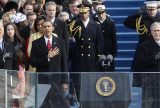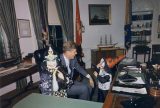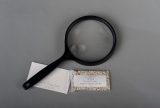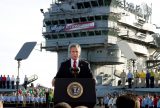When American Politicos First Weaponized Conspiracy Theories
Outlandish Rumors Helped Elect Presidents Jackson and Van Buren and Have Been With Us Ever Since
From claims that NASA faked the moon landing to suspicions about the U.S. government’s complicity in the assassination of John F. Kennedy, Americans love conspiracy theories. Conspiratorial rhetoric in presidential campaigns and its distracting impact on the body politic have been a fixture in American elections from the beginning. But the period when conspiracies really flourished was the 1820s and 1830s, when modern-day American political parties developed, and the expansion of white male suffrage increased the nation’s voting base. These new parties, which included the Democrats, the National Republicans, …




